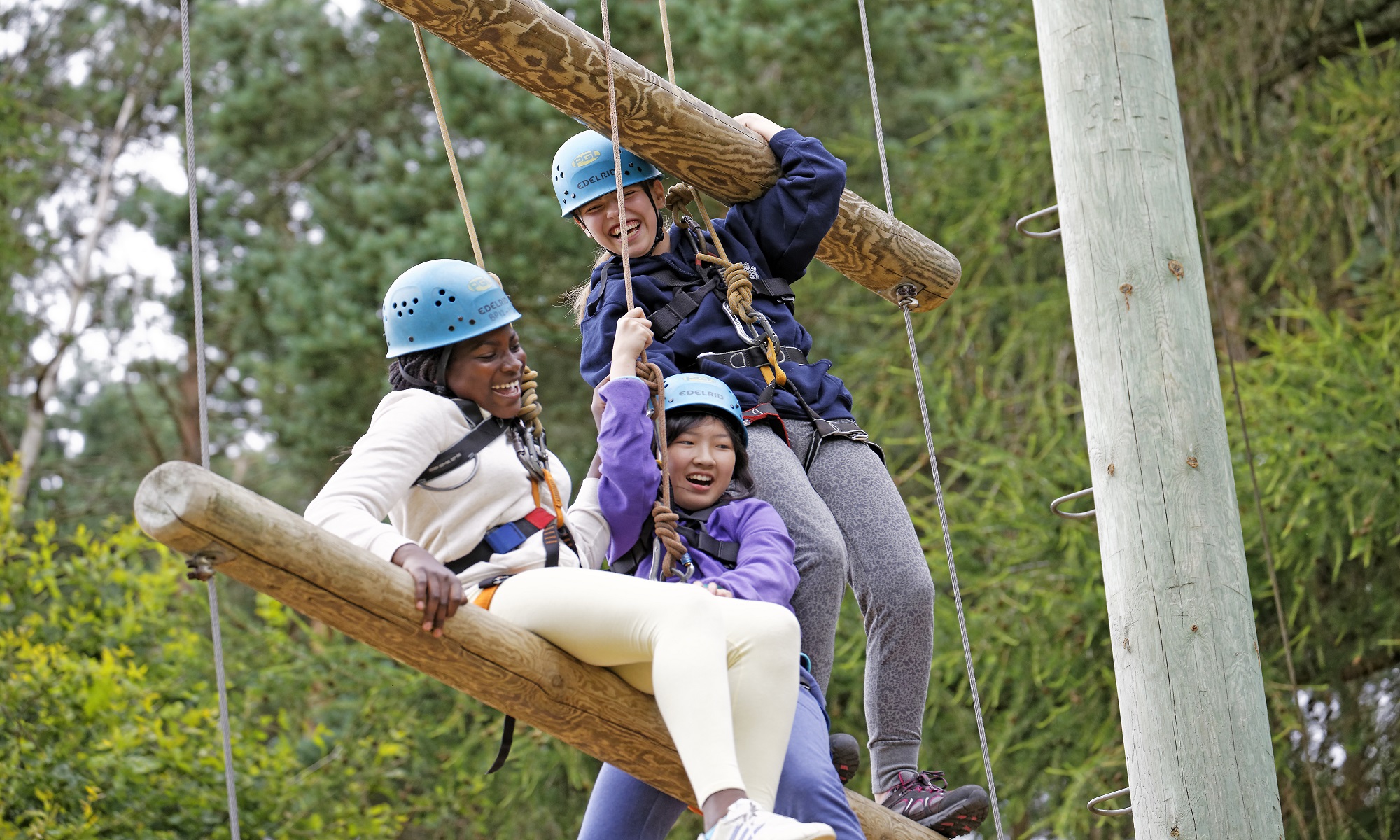As a careers advisor working closely with students and their families, I often see how the focus on academic achievements can overshadow the importance of other experiences. For students aiming to enter top UK universities, it’s crucial to recognize that outdoor learning and extracurricular activities are not just additional commitments—they are vital components of a well-rounded education that can significantly enhance their university applications and future career prospects.
The Benefits of Outdoor Learning
Outdoor learning experiences, such as field trips, environmental projects, and adventure-based activities, offer more than a refreshing break from the classroom. Here’s how these activities can contribute to your child’s development:
- Enhancing Problem-Solving Skills: Outdoor learning often involves real-world challenges that require creative thinking and problem-solving. Whether navigating a hiking trail or conducting field research, students face scenarios that push them to think critically and adapt their strategies. These experiences cultivate flexibility and innovation, qualities that are highly valued by university admissions teams.
- Building Resilience: Engaging in outdoor activities helps students develop resilience by teaching them how to cope with unforeseen challenges and discomfort. Learning to persevere through difficult conditions builds a strong foundation for managing the pressures of university life and future careers.
- Boosting Confidence: Stepping out of their comfort zones during outdoor activities fosters self-awareness and confidence. Students learn more about their strengths and areas for improvement, which helps them present a strong and authentic application to universities.
The Impact of Extracurricular Activities
Extracurricular activities—ranging from sports and academic clubs to artistic pursuits—play a crucial role in shaping essential soft skills. Here’s how these activities benefit your child:
- Fostering Teamwork: Many extracurriculars involve working collaboratively, which teaches students important skills in communication, cooperation, and conflict resolution. These skills are crucial for success in university group projects and future work environments.
- Developing Leadership Abilities: Taking on leadership roles, such as being a team captain or a club president, helps students hone their leadership skills. They learn to motivate others, make informed decisions, and handle responsibilities—traits that can set them apart in the university admissions process.
- Improving Time Management: Balancing academics with extracurricular commitments requires effective time management and organizational skills. Developing these skills helps students handle the demands of university coursework and extracurricular activities, ensuring they can maintain a healthy balance.
How You Can Support Your Child
As parents, your support and encouragement are crucial in helping your child make the most of their outdoor learning and extracurricular opportunities. Here’s how you can play an active role:
- Encourage a Variety of Activities: Support your child in exploring a range of activities that interest them. A diverse range of experiences not only enriches their personal development but also allows them to discover new passions and talents.
- Help Them Reflect on Their Experiences: Encourage your child to think about what they’ve learned from their activities and how these experiences have contributed to their personal growth. This reflection will be valuable when they are crafting their personal statements and preparing for university interviews.
- Assist with Application Integration: Guide your child in incorporating their extracurricular achievements and outdoor learning experiences into their university applications. Emphasize the skills and qualities they have developed through these activities, and help them present these in a compelling way.
- Promote Regular Reflection: Encourage your child to regularly reflect on their experiences and growth. This practice helps them gain insights into their development and prepares them for discussing their experiences in applications and interviews.
Conclusion
Outdoor learning and extracurricular activities are more than just supplementary to your child’s academic journey; they are integral to developing the life skills, teamwork abilities, and leadership qualities that top UK universities seek. By supporting and encouraging your child in these areas, you can help them build a well-rounded and impressive profile that will enhance their university applications and future career prospects. Investing in these experiences is an investment in their overall development, setting them up for success in both their academic and professional lives.






